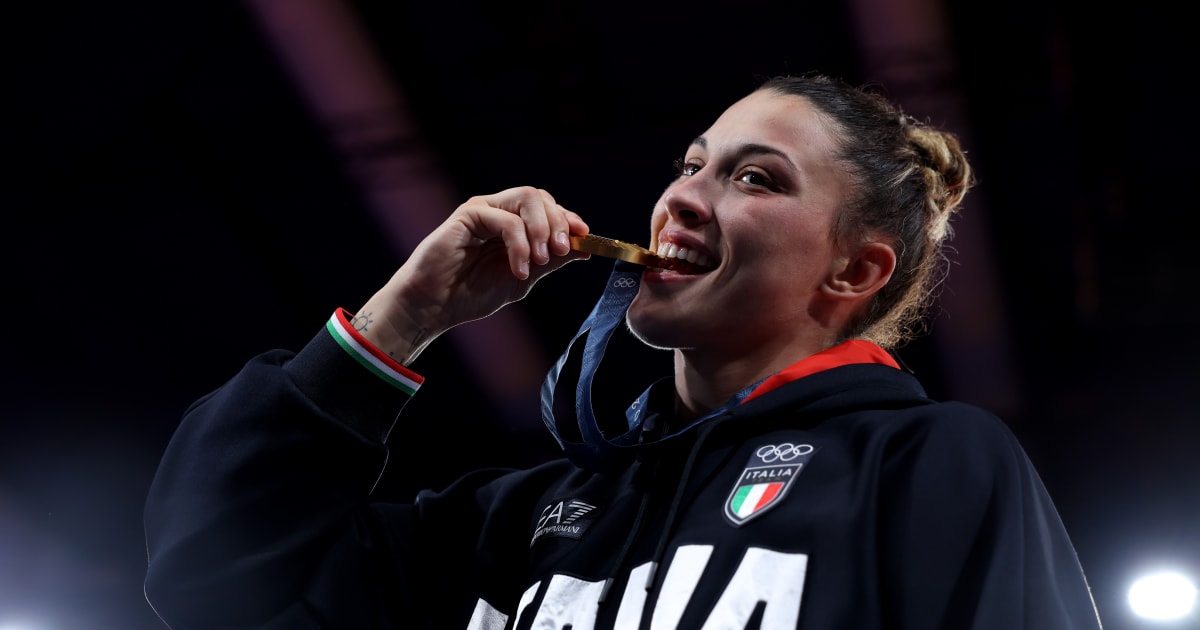Alice Bellandi: “It’s not where you come from, but how big your dream is”
The night before Alice Bellandi became Olympic champion, she barely slept.
Not out of poor preparation or self-doubt, but because the electricity of what lay ahead refused to quiet in her body. Four in the morning came and went, her mind still spinning. This was not unusual for the Italian. On the eve of major competitions, Bellandi often finds herself chasing rest that never arrives.
But when the day broke over Paris on 1 August, she didn’t feel tired. Her body, honed by years of training, knew what to do. Her mind entered what she could only describe to us as a “flow” that she gave into, fully.
“I couldn’t really understand what I was doing until the moment that I did it,” she recalled. “Everything was just so fluent, I don’t remember anything concrete.”
As the rounds passed and each opponent fell, Bellandi moved with instinct and intention, and when the final came and the referee lifted her arm, she needed a moment to believe it.
“Oh my god, I did it,” she remembered thinking. “The emotion was crazy. I went to hug all the people around there. I didn’t want to leave the mat.”
Years of chasing, of trying to break through to the very top, all of it had led here, to this red and yellow square of tatami in the Champ de Mars Arena.
It was a journey that started in the small town of Roncadelle, nestled near Brescia in northern Italy. Somehow, in a place of fewer than ten thousand people, three Olympic champions had emerged from the Paris Games alone: canoe slalom star Giovanni De Gennaro, volleyball’s Anna Danesi, and Bellandi herself. Three champions from one town of roughly 9,200 people. That is one Olympic gold medallist for every 3,000 people, a ratio any global capital would envy.
“They made a big celebration for us, there were thousands of people, it was just crazy,” Bellandi said, smiling at the memory.
“It’s not where you come from,” she said of her humble beginnings, “but how big your dream is.”
But in the aftermath of triumph, a new question began to brew. What if the hardest part isn’t the climb, but the stillness that follows when you reach the top?
Bellandi, it turns out, was about to fall all over again.
